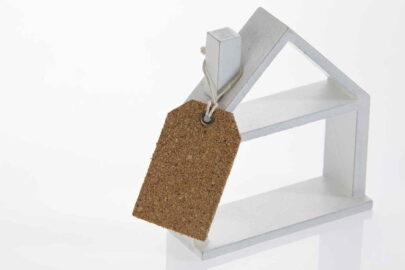NAEA Propertymark has reported that 11% of properties sold for more than the original asking price last month.
This is the highest figure recorded since August last year and the highest figure on record for the month of February since 2016.
In its February Housing Report, NAEA Propertymark said the majority (57%) of properties sold for less than the original asking price.
Meanwhile, the number of sales made to first-time buyers increased to 25% in February, from 23% in January. This is the highest figure recorded since July 2020 and year-on-year is an increase from 22% in February 2020.
In February, the average number of prospective buyers registered per estate agent branch stood at 388, a 20% decrease from 487 in January. However, this is the highest figure recorded for the month of February since 2017, when the figure stood at 425.
In February, the number of property transactions taking over 17 weeks from the offer being accepted to exchanging contracts, increased again to 27% from 26% last month – the highest figure on record.
The average number of sales agreed per estate agent branch stood at 11 in February, an increase from 10 in January. Year-on-year, this figure is up from nine sales agreed per estate agent branch in February 2020 and seven sales agreed per estate agent branch in February 2019.
The average number of properties available per member branch stood at 34 in February, falling from 38 in January.
Mark Hayward, chief policy adviser at Propertymark, said: “It’s interesting to see that one in nine properties sold for more than the original asking price in February. Over the past few months, we’ve witnessed a boom in the number of prospective buyers and the number of sales taking place following the government’s announcement of a Stamp Duty holiday, and so it seems many buyers are willing to pay over the asking price in order to secure their dream home.
“We are also seeing a record high for the number of transactions taking more than 17 weeks from the offer being accepted to exchanging contracts due to this unusually high demand for property. This is one of the reasons we campaigned for an extension to the Stamp Duty holiday; to prevent sales falling through due to delays in the chain.”
